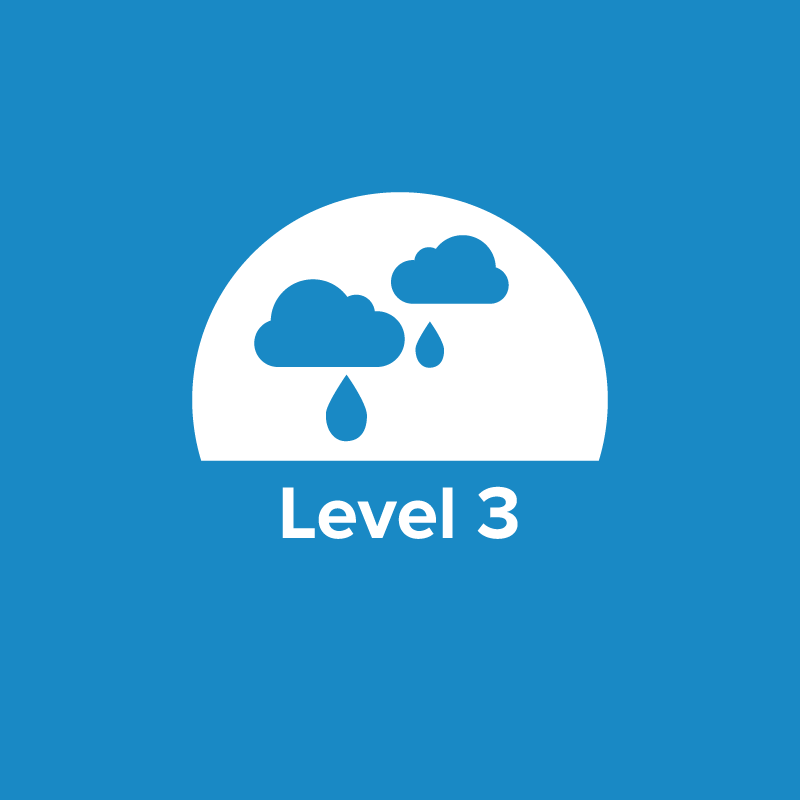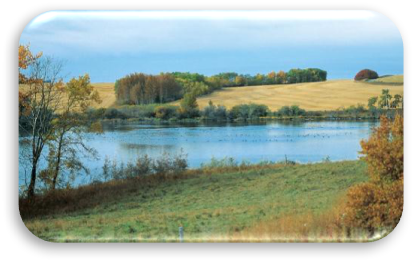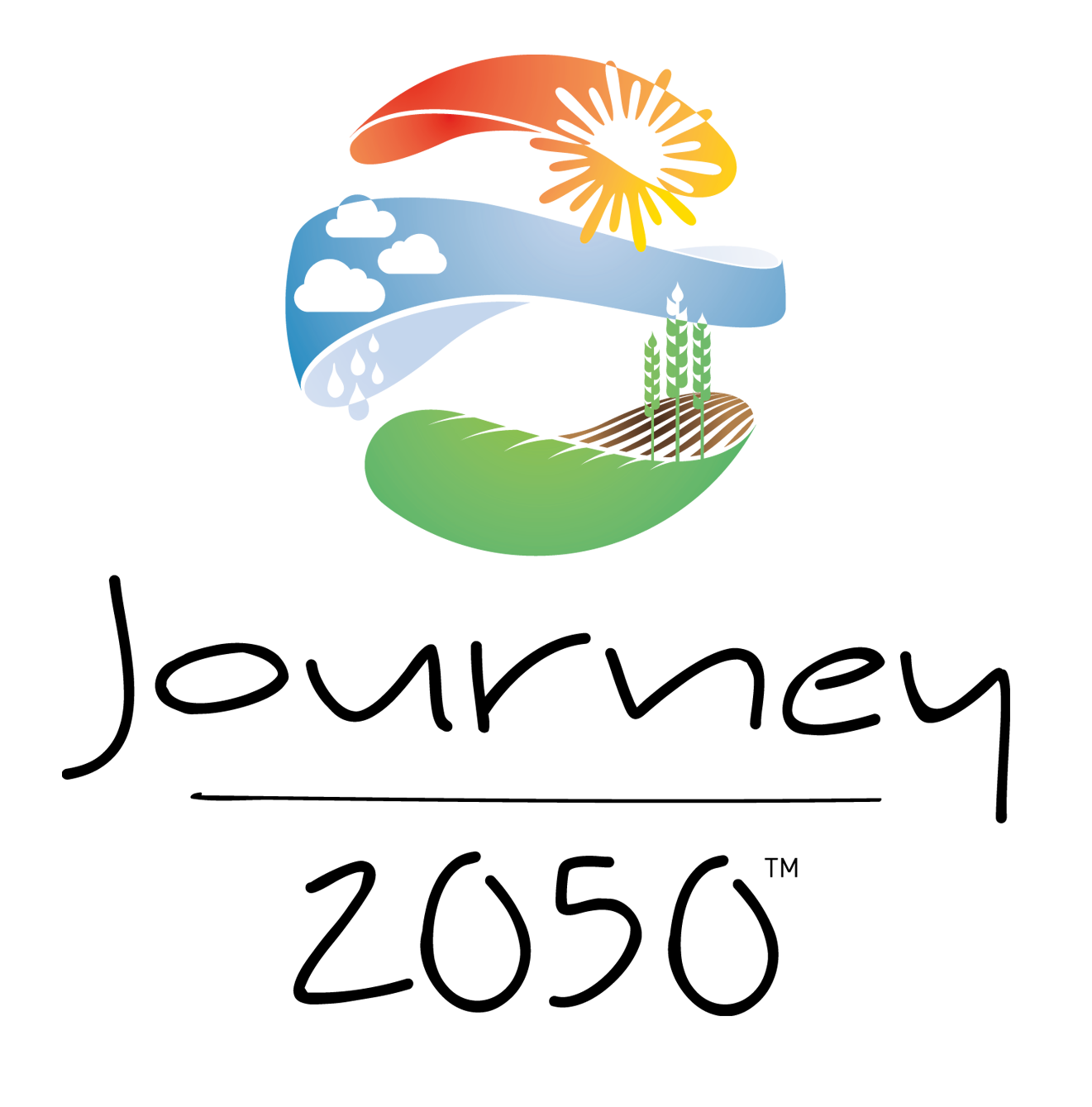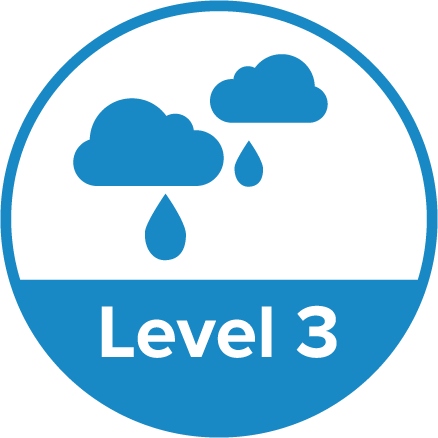Journey 2050 Lesson 3: Water (Grades 9-12)
Students will discuss the limited amount of fresh water on earth, identify how best management practices can reduce water consumption, discuss the need for water conservation and protection, and compare and contrast methods of irrigation for water conservation.

Background
Lesson Activities
Recommended Companion Resources
Credits
Author
Lindsey Verhaeghe, Andrea Gardner, Debra Spielmaker, and Sara Hunt | National Center for Agricultural Literacy (NCAL) and Nutrien
Acknowledgements
The Journey 2050 program was originally developed by Nutrien in collaboration with Calgary Stampede, Alberta Canola Producers Commission, Nutrients for Life Foundation, and Agriculture in the Classroom Canada. Authors and contributors were drawn from each of these organizations under the direction of Lindsey Verhaeghe (Nutrien) and Robyn Kurbel (Calgary Stampede.) The lessons were updated and revised in 2017 and 2022 with contributions from the original J2050 Steering Committee, the National Center for Agricultural Literacy, and the National Agriculture in the Classroom Organization.
Sources
- https://water.usgs.gov/edu/pdf/earthwherewater.pdf
- http://www.fao.org/news/story/en/item/130033/icode/
- https://www.weforum.org/agenda/2020/06/world-population-water-stress-2050-climate-change/
- http://www.fao.org/news/story/en/item/130033/icode/
- http://www.nationalgeographic.com/kidsnetwork/water/session_01.html
- https://www.thefashionlaw.com/how-many-gallons-of-water-does-it-take-to-make-a-single-pair-of-jeans/
- http://www.borgenmagazine.com/impact-drip-irrigation-crop-per-drop/
- http://www.fao.org/docrep/t1696e/t1696e09.htm
- https://water.usgs.gov/edu/earthwherewater.html
- https://www.usgs.gov/special-topics/water-science-school/science/freshwater-lakes-and-rivers-and-water-cycle
- http://www.miseagrant.umich.edu/flow/pdf/U2/FLOW-U2-L3-MICHU-08-402.pdf
- http://www.ers.usda.gov/topics/farm-practices-management/irrigation-water-use.aspx
Standards
National Content Area Standards
- Career & Technical Education
- AFNR (Grades 9-12): Natural Resource Systems Career Pathway
- NRS.01.02: Classify different types of natural resources in order to enable protection, conservation, enhancement and management in a particular geographical region.
- NRS.02.02: Assess the impact of human activities on the availability of natural resources.
- NRS.03.01: Sustainably produce, harvest, process and use natural resource products (e.g., forest products, wildlife, minerals, fossil fuels, shale oil, alternative energy, recreation, aquatic species, etc.).
- AFNR (Grades 9-12): Natural Resource Systems Career Pathway
- Social Studies – Economics
- Economics Standard 1 (Grades 9-12): Scarcity
- Objective (Grades 9-12): Identify what they gain and what they give up when they make choices.
- Economics Standard 2 (Grades 9-12): Decision Making
- Objective (Grades 9-12): Make effective decisions as consumers, producers, savers, investors, and citizens.
- Economics Standard 1 (Grades 9-12): Scarcity
- Social Studies – History
- NCSS 8 (Grades 9-12): Science, Technology, and Society
- Objective 2: Science and technology have had both positive and negative impacts upon individuals, societies, and the environment in the past and present.
- Objective 9: Science, technology, and their consequences are unevenly available across the globe.
- Objective 10: Science and technology have contributed to making the world increasingly interdependent.
- Objective 11: That achievements in science and technology are increasing at a rapid pace and can have both planned and unanticipated consequences.
- Objective 12: Developments in science and technology may help to address global issues.
- NCSS 9 (Grades 9-12): Global Connections
- Objective 4: The actions of people, communities, and nations have both short-and long-term effects on the biosphere and its ability to sustain life.
- NCSS 3 (Grades 9-12): People, Places, and Environments
- Objective 3: Consequences of changes in regional and global physical systems, such as seasons, climate, and weather, and the water cycle.
- NCSS 8 (Grades 9-12): Science, Technology, and Society
- Science
- HS-ESS3: Earth and Human Activity
- HS-ESS3-4: Evaluate or refine a technological solution that reduces impacts of human activities on natural systems.
- HS-LS2: Ecosystems: Interactions, Energy, and Dynamics
- HS-LS2-7: Design, evaluate, and refine a solution for reducing the impacts of human activities on the environment and biodiversity.
- APES Unit 5: Land and Water Use
- STB-1.A Introduction to Sustainability: Explain the concept of sustainability.
- STB-1.E Sustainable Agriculture: Describe sustainable agricultural and food production practices.
- HS-ESS3: Earth and Human Activity
 Landowners can also improve water quality by preserving wetland and riparian areas, which are spaces between land and the waterway, ideally filled with native grasses, shrubs and trees. These areas provide many benefits, such as helping filter nutrients that are collected as the water runs over the land; helping control water during floods; and providing habitat for animals.
Landowners can also improve water quality by preserving wetland and riparian areas, which are spaces between land and the waterway, ideally filled with native grasses, shrubs and trees. These areas provide many benefits, such as helping filter nutrients that are collected as the water runs over the land; helping control water during floods; and providing habitat for animals. Preparation: Prior to class, review the Background information, video clip, and slide deck (including the speaker notes) associated with the lesson. Review the
Preparation: Prior to class, review the Background information, video clip, and slide deck (including the speaker notes) associated with the lesson. Review the 
